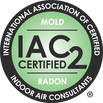Mike's Home Inspector BlogMichael Burfitt |
|
I recently added an impact driver to my toolkit to go with the existing power drill I own. Though an impact driver and a power drill look similar and perform overlapping functions, both have their place in a workshop. Think of it like a ball-peen hammer vs a sledgehammer: they both perform the same basic function, but both have their specific uses. While an impact driver appears to be just a tiny power drill, in many ways it is the superior and more powerful choice when installing screws. So, What’s the Difference?
The basic answer is that the drill is used for precision and the impact driver is used for raw power. Of course, this seems very counterintuitive just by looking at the size of each tool but it’s true. The reason is that an impact driver delivers bursts of torque many times a second while a standard drill delivers a constant force, without stopping or pulsing. Why I Love My Newest Tool The best feature of an impact driver is that is far easier to drive screws into place. I went back at some screws that would not budge using either a screwdriver or power drill and they were fixed with ease. It’s also very easy to switch bits and are simple to lock into place, making it much quicker to use with jobs that have different bit sizes (in other words most of them!). The compact size makes it easier to easy to fit in tight corners, which made my recent DIY work far easier. Then Why Keep the Power Drill? The obvious answer is that it’s great as a backup in case the impact driver battery runs out or otherwise needs maintenance. The real answer is that an impact driver simply can’t perform some functions well. The most obvious is drilling a pilot hole. While they can technically be used for drilling the far better choice is….. a drill. As well, it is either all or nothing with no variable settings when precision is needed. A good example would be when installing drywall screws, as they need to be set properly without being pushed right through the wall. Should You Get an Impact Driver? The answer to this is a common one: it depends. If you are just doing an occasional assembly of furniture or other minor jobs, the power drill will be more than adequate. If, however, you are a bit of a DIYer (or play one on TV) you will find immense benefits in adding an impact driver to your arsenal. I was skeptical that it would be worth the cost but to be it has quickly become one of my go to tools, both around the home and out in the field doing home inspections. A home inspector looks at all major aspects of the home, including windows which are a significant part of the building envelope. Residential windows are usually constructed of two basic materials: vinyl and wood. Generally, most homes use vinyl windows, with wood windows being far less common as they are more expensive and require regular maintenance. Therefore, most wood windows an inspector sees are usually nearing the end of their lifespan.
There are countless different styles, including: Single/Double Hung (Slides straight up from the bottom/straight down from the top) Casement (Entire window usually pivots outside) Horizontal Slider Awning/Hopper (Segment that opens in or out respectively) Fixed (Doesn’t open) Jalousie (Look like mini-blinds and are very rare in Nova Scotia as they are not suitable for our colder climate) The two most common types I see are single hung and casement. There are pros and cons to all types of windows although I personally prefer single hung. Windows can also be single, double, or triple glazed. This refers to the number of panes of glass in a window, which are usually sealed and filled with argon gas to improve efficiency. Most modern windows are either double or triple glazed, with double glazed being the overwhelming choice. Single glazed windows are usually only seen in older homes. So, Should I Replace Old Windows? I will give the typical politician’s answer and say, “it depends”. If an older wooden window has rotted, it is usually a good idea to invest in new windows. However, if a single glazed window regardless of age or type is in good shape, the savings in energy efficiency by replacing it with a modern double glazed window will likely be far less than the cost of replacing the entire window. A qualified contractor can give you a clearer (no pun intended) idea as to the best option for your situation. One of the requirements of an InterNACHI Certified Inspection Company such as Inside Edge is to follow the standards of practice, including section 3.10.III.C., which states we must report any window that was obviously fogged or displayed other evidence of broken seals. A broken seal means that the argon gas used for insulation has escaped. A few options can be utilized to repair this issue: the most obvious one is to replace the window, which while improving both efficiency and aesthetics can be quite costly. Other options include fixing the seal and having a defogging agent applied. These won’t fix the lost insulating value but will get rid of the ugly fogging. New and shiny windows are always nice but are they worth the investment? Hopefully this blog post and a home inspector such as yours truly can point you in the right direction when making that decision.  There are many myths about homes I see floating around and one I want to address today is the idea that mobile homes (also known as manufactured, mini or trailer homes) are poor quality and are a bad idea to purchase. The truth is more complicated than that but, in some ways, mobile homes can be better quality than site-built houses. Even the name mobile home is a bit of a misnomer as they are not easy to relocate once the building is in place and utilities are hooked up. Nova Scotia, like most of Canada, requires mobile homes to be built to CSA-Z240 MH Standards. In plain English, this is basically the building code for mobile homes. Furthermore, as these homes are transported from a remote factory, they are often structurally stronger than their site-built counterparts. Pros of Mobile Homes The biggest advantage is the lower cost of ownership. Given that real estate price increases are nothing short of insane in the Halifax area now, a mobile home is a reasonable option for a young family. Given their small size, they are also cheaper to heat or cool as they are only one level. The electrical and plumbing systems are generally of good quality, and the safety concerns are overblown: mobile homes are required to have two separate doors, escape windows and smoke detectors. Modifications that can increase the spread of fire (such as tearing out interior walls) generally cannot be made. My research has shown that manufactured homes have a significantly lower chance of catching fire and are easier to escape in an emergency. Mobile Home Drawbacks The biggest challenge is that few areas allow mobile homes, especially in the city. There is unfortunately still a stigma that “trailer parks” bring trouble and are unsafe: both are untrue, however, this mentality is slowly changing for the better. Mobile homes are usually harder to finance as they are often not considered real estate for banking purposes and usually require several additional fees be paid such as monthly lot fees. Since they do not have a basement, they also require specific tie-downs (which is NOT something a homeowner can do) and need to be checked regularly that they are level. Finally, mobile homes, unlike traditional homes, are usually considered a depreciating asset and are generally not considered a long-term investment. Are They Hard to Inspect? There is a concern among some home inspectors that mobile homes are too difficult to inspect and this is simply not true. While there are limitations that an inspector must work around (usually no attic access, no way to verify anchors are properly footed below the frost line, tight crawlspaces etc.) there are just simply homes like any other. Do they have concerns? Absolutely, but that can be said about literally every single home I have inspected. If you are considering a mobile home, rest assured that these are as safe and comfortable as a traditional house. Just don’t forget to get that home inspected by a qualified professional such as your favourite Inside Edge home inspector! |
Archives
July 2024
Categories
All
|
|
Inside Edge Home Inspections Ltd.
Halifax, NS 902-209-9921 [email protected] Proudly Serving the HRM & Central Nova Scotia |
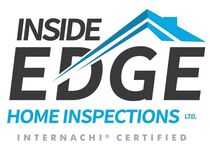
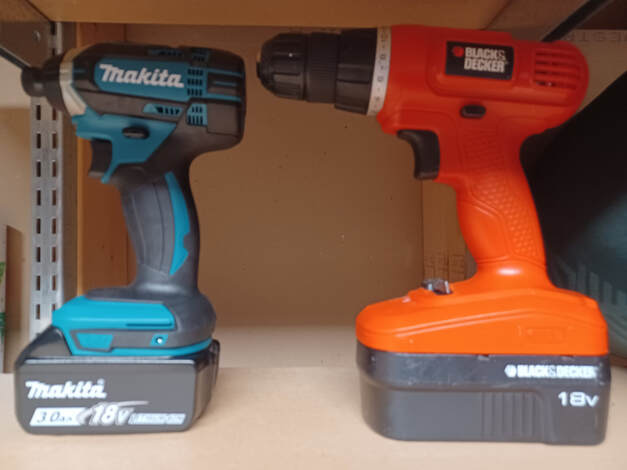

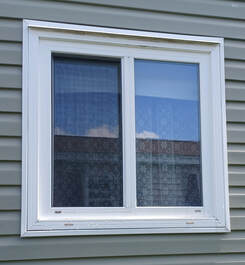
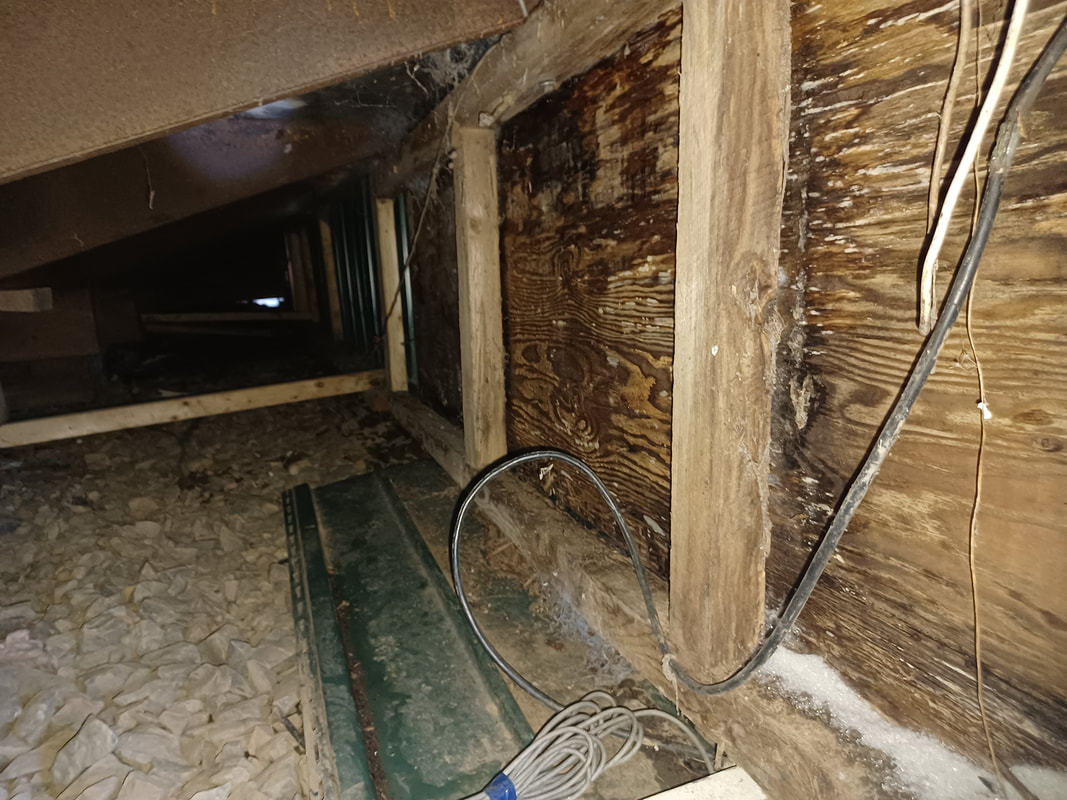
 RSS Feed
RSS Feed

